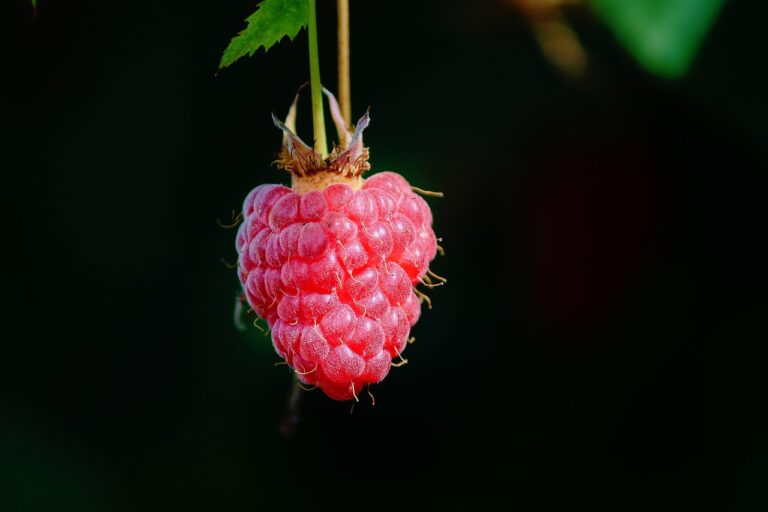Sugar Alternatives: Exploring Natural and Artificial Sweeteners
Natural sweeteners, such as honey and maple syrup, provide a healthier alternative to refined sugars. They contain essential vitamins, minerals, and antioxidants that can benefit overall health. These natural sweeteners also have a lower glycemic index compared to white sugar, resulting in a slower increase in blood sugar levels.
Furthermore, natural sweeteners can add unique flavors to dishes and beverages, enhancing the overall taste experience. They can be used in a variety of recipes as a substitute for refined sugars, offering a more wholesome option without sacrificing sweetness. Making the switch to natural sweeteners can be a simple yet impactful way to reduce the consumption of processed sugars in daily meals and promote a healthier lifestyle.
Drawbacks of Using Artificial Sweeteners
Artificial sweeteners, despite their appeal as low-calorie alternatives to sugar, come with their own set of disadvantages. Many studies have linked artificial sweeteners to negative effects on gut health, potentially disrupting the balance of healthy bacteria in the digestive system. This disruption could lead to issues such as bloating, gas, and digestive discomfort in some individuals.
Furthermore, there is ongoing debate surrounding the impact of artificial sweeteners on appetite and food cravings. Some research suggests that consuming artificial sweeteners may actually increase sugar cravings and overall calorie intake, as the brain does not receive the expected energy boost from these non-caloric sweeteners. This could potentially sabotage weight management efforts and contribute to overeating in the long run.
Health Implications of Consuming Sugar Alternatives
When it comes to sugar alternatives, it’s crucial to consider the potential health implications that they might pose. While some natural sweeteners like honey and maple syrup can offer certain nutritional benefits, consuming them in excess can still lead to an increase in blood sugar levels. On the other hand, artificial sweeteners like aspartame and sucralose have been linked to various health concerns ranging from digestive issues to potential effects on gut bacteria.
Additionally, switching to sugar alternatives may not necessarily lead to a reduced intake of sweet foods and drinks. This can sometimes result in an increased craving for sweet flavors, which could potentially lead to overconsumption of other unhealthy foods. It’s important to be mindful of the overall balance and moderation when incorporating sugar alternatives into your diet to ensure that you’re making the best choices for your health in the long run.
What are some benefits of using natural sweeteners?
Natural sweeteners like honey, maple syrup, and stevia can provide sweetness without the empty calories of regular sugar. They may also have additional health benefits such as antioxidants and vitamins.
What are some drawbacks of using artificial sweeteners?
Artificial sweeteners like aspartame and sucralose have been associated with potential health risks such as digestive issues and increased cravings for sweet foods. They may also have a negative impact on gut health.
What are some potential health implications of consuming sugar alternatives?
Consuming sugar alternatives in excess can still lead to negative health outcomes, such as weight gain, increased risk of metabolic disorders, and disruption of the gut microbiome. It is important to consume these sweeteners in moderation.
Are there any natural sweeteners that are considered healthier than others?
Some natural sweeteners like stevia and monk fruit are considered healthier options compared to others like refined sugars or artificial sweeteners. These options provide sweetness with fewer calories and potential health benefits.







